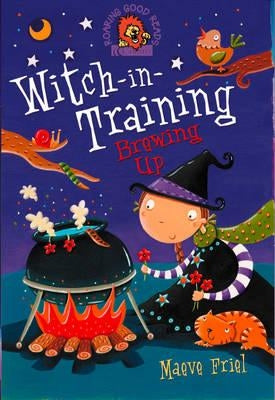Description
Washington Irving's "Tales of the Alhambra" is really two books in one. The first section chronicles Irvings 1829 visit to the crumbling Alhambra Palace in Granada, Spain. Irving was permitted to reside within the palace grounds. His beautifully detailled descriptions of the deteriorating palace and its inhabitants fit well within the romantic vision that was beginning to sweep Europe. One can only imagine Irving's influence in shaping the Orientalist craze that played out in the Nineteenth Century European art. As a young man, Washington Iriving was inspired to learn Spanish after having read Miguel Cervantes' "Don Quixote". In that work, Cervantes interjected long romantic tales into the middle of the narrative. The second half of "Tales of the Alhambra" is a collection of romantic tales inspired by the Alhambra's Moorish and Spanish past. They are charming tales clearly inspired by Miguel Cervantes. "Tales of the Alhambra" was published in 1832 and has been in continous print. This book survives because of Irving's ability to recreate a beautiful and romantic past for the ever elegant Alhambra Palace.
About the Author
Washington Irving (1783-1859) was an American author, essayist, biographer and historian of the early 19th century. He was best known for his short stories "The Legend of Sleepy Hollow" and "Rip Van Winkle", both of which appear in his book The Sketch Book of Geoffrey Crayon, Gent. His historical works include biographies of George Washington, Oliver Goldsmith and Muhammad, and several histories of 15th-century Spain dealing with subjects such as Christopher Columbus, the Moors, and the Alhambra. Irving also served as the U.S. minister to Spain from 1842 to 1846. He made his literary debut in 1802 with a series of observational letters to the Morning Chronicle, written under the pseudonym Jonathan Oldstyle. After moving to England for the family business in 1815, he achieved international fame with the publication of The Sketch Book of Geoffrey Crayon, Gent. in 1819. He continued to publish regularly-and almost always successfully-throughout his life, and completed a five-volume biography of George Washington just eight months before his death, at age 76, in Tarrytown, New York. Irving, along with James Fenimore Cooper, was among the first American writers to earn acclaim in Europe, and Irving encouraged American authors such as Nathaniel Hawthorne, Herman Melville, Henry Wadsworth Longfellow, and Edgar Allan Poe. Irving was also admired by some European writers, including Sir Walter Scott, Lord Byron, Thomas Campbell, Francis Jeffrey, and Charles Dickens. As America's first genuine internationally best-selling author, Irving advocated for writing as a legitimate profession, and argued for stronger laws to protect American writers from copyright infringement.





















































